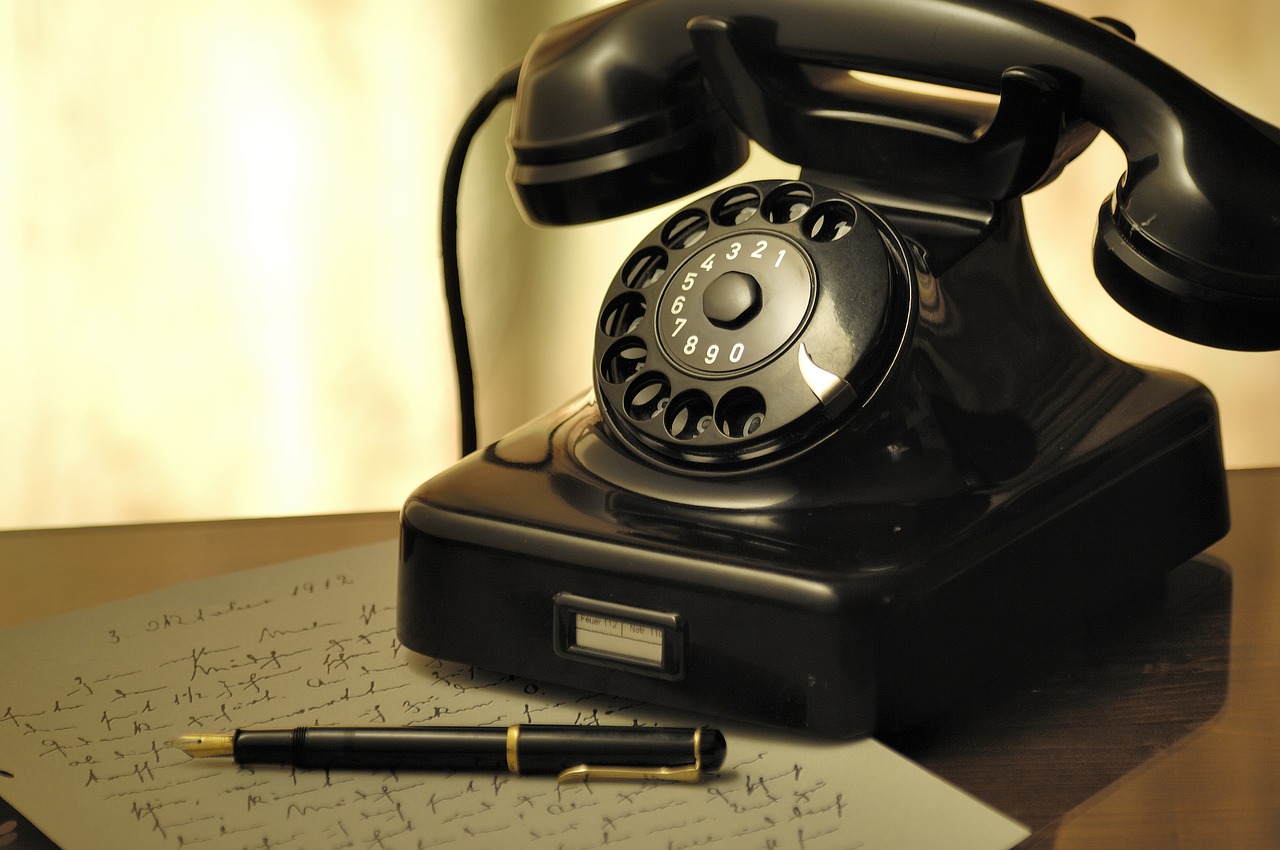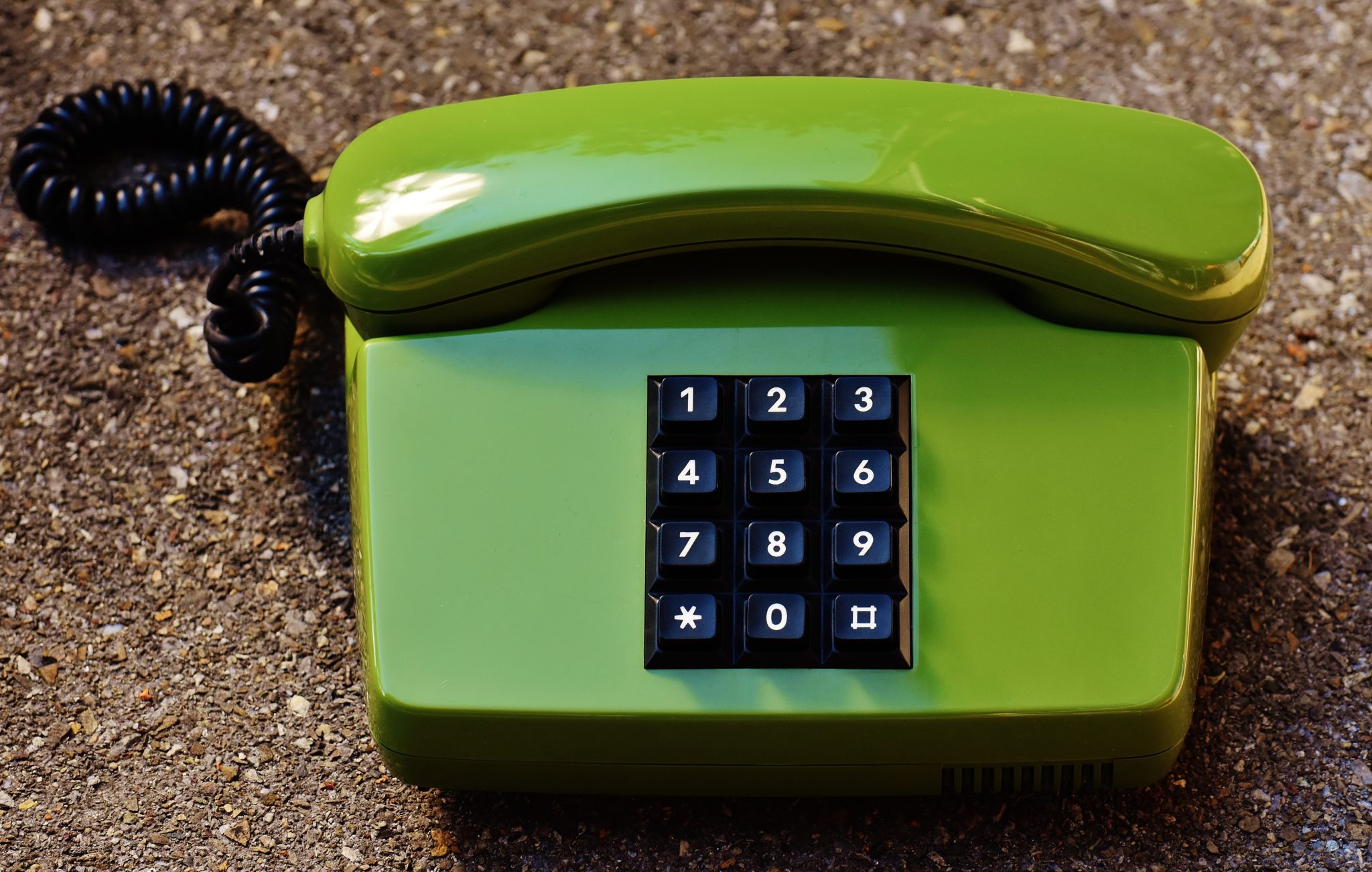
One of the most challenging parts of becoming a radiologist is developing an awareness of when you don’t know something. Of course, when you discover what you are missing, you can look for information on the web to fill in some gaps. But, just as important, it is also critical to know when you need more than your research. Many times, experience alone can teach you the correct diagnosis or management. As a radiologist, I don’t hesitate to pick up the phone if I doubt that I can get the information myself. I call the expert in the subspecialty. So, what are some benefits when you reach out to your colleagues? Well, here are some of the advantages that I have encountered.
Experience Trumps Books Sometimes
Most books only give you some information on how to make a diagnosis. Sometimes, only a vast breadth of experience can help solve some cases. And, if you don’t know, what are the chances you can make that diagnosis? Much less, of course. So, finding someone who can confidently read that temporal bone study can make all the difference in diagnosing a rare congenital disorder. Doing the research yourself is different.
Subtle Management Issues Are Not Easy To Find Online
Many times, you can figure out the patient’s diagnosis, but you can’t find any resources to tell you what to do next. Again, managing a patient’s condition can sometimes only be appropriately triaged when you have made the diagnosis before. So, why not pick up the phone and find the expert who has managed this patient many times? Get it right the first time!
Call Your Colleagues To Increase Confidence In Your Dictations
Other times, you have all the necessary information to make the appropriate recommendations. But what you need is confidence in your report. And it reflects in your dictation. When you speak to an expert colleague, you can confidently diagnose and confirm the next steps. Why not be sure of what you should do next?
Better For Your Learning
When I hear information from someone else, I retain the knowledge more than by looking up a fact in a book or online. Your colleagues will often relay the information on the phone more excitingly so that you can remember the case for a long time. They may give you other examples of similar patients or situations. Or, they lace the information with a good joke! Regardless, sometimes, hearing input from others is the best way to learn.
More Time Efficient To Call Your Colleagues
You can sit around researching information forever or ask someone who has trained for years in the subspecialty and knows a lot. Which one will save you more time? That phone call to your colleague can save valuable minutes of your time and energy. We only have so many hours in a day!
You Will Begin To Get Consults From Others As Well
One of the most exciting parts of becoming a radiologist is getting interesting consults from others. When you ask questions of others, you are also more likely to get consults from your colleagues. They will feel comfortable enough to reach out to you when you have a patient in your subspecialty when they don’t know how to proceed. It’s good to feel needed in your practice!
Don’t Hesitate To Call Your Colleagues!
When you call your colleagues about something you don’t know, you gain experience that you don’t have, learn esoteric management skills, increase confidence, educate yourself, improve time management, and gain the trust of others. So, why not pick up the phone and call your colleague? It is an essential ingredient for excellent patient care!







